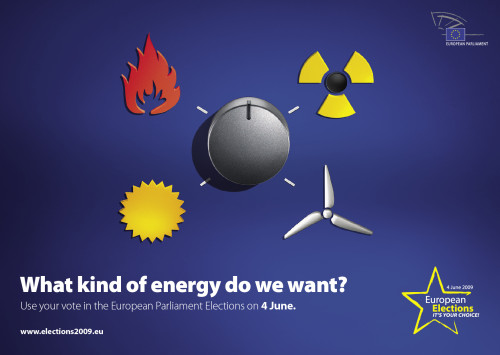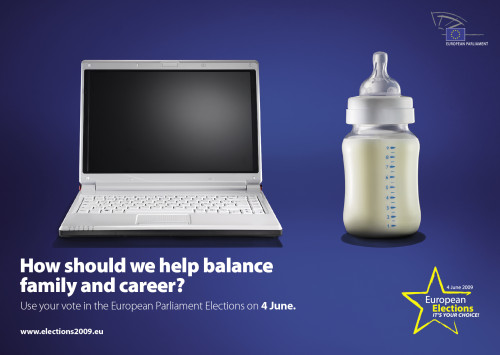Freedom and Responsibility
Submitted by Bruno Prior on Sun, 10/05/2009 - 11:08I recently heard a former central banker (not British) tell the story of a conversation he had with a Non-Exec Director of a bank, who had formerly worked for their government's finance department. The central banker asked the Non-Exec if he didn't find the burden of managing the risk overwhelming compared to his former job with the government. The Non-Exec replied that he had thought he would, but was relieved to discover when he joined the bank's board that his responsibility was limited to ensuring that the bank complied with the regulations, on the assumption that the regulations would prohibit excessive risk-taking.
Ed Miliband, interviewed on the Andrew Marr show, has just said about the MPs' expenses scandal:
"What people thought was, there are a set of rules in place and they are scrutinized by the House of Commons authorities, and people rightly thought, well look, that is the system that we have, that is the judgment that is made."
Tessa Jowell and Theresa May have just made similar points on The Politics Show. Given the continued delusion of most of our politicians and commentariat about the effect of regulation, corrective efforts will be concentrated on coming up with a "better" set of rules, probably more complex and chaotic (in the usual entropic manner of political "improvements"), which will turn out to be just as capable of abuse or otherwise unacceptable as the current rules.
The lesson the central banker drew from his conversation was the right one. It was that where you apply regulation, people delegate responsibility to the regulator, and stop applying their own judgment. If you want people to be responsible, you need to have a minimal set of rules, with harsh penalties for the consequences of breaking them or making poor judgments (e.g. no bail-outs). The central banker removed most of the regulation of banks in his country, and replaced it with a requirement on Directors to sign off every three months that they regarded the risk position of their bank as sound. The bank directors naturally thought this was most unfair, but the result of them being personally responsible and therefore taking a personal interest in the risks associated with the banks' activities is that the banks in that country are in a very much better condition than the banks in the UK, US and elsewhere, where bank directors throught their job was to push the risk as far as possible within the rules allowed by the regulators, while regulators thought their job was to allow as much latitude to banks as possible within the rules laid down by government.
The credit crunch and the MPs' expenses scandal are symptomatic of the dominant but bogus political and economic philosophy of modern times, which manifests itself in large and small ways in almost every aspect of our lives. It is the "Third Way" philosophy of government interventionism, corporatism, managerialism (or whatever you want to call it - they are all aspects of the same thing). We have replaced personal responsibility and harsh penalties for poor judgments that produce harmful consequences, with the idea that government should take responsibility for all of us, and can and should prevent harmful choices being made.
Politicians are keen on government laying down the rules about every little aspect of our lives, but they are not so keen on taking personal responsibility for the effect of those rules. Responsibility for application of the rules is therefore offloaded by modern governments to unaccountable public-sector organisations, further diluting any sense of personal accountability, which is the key force motivating prudent behaviour.
Freedom and Responsibility. That is what we are missing, what no political party is offering, and what we need. It should be the name of a new political movement: Freedom and Responsibility.






